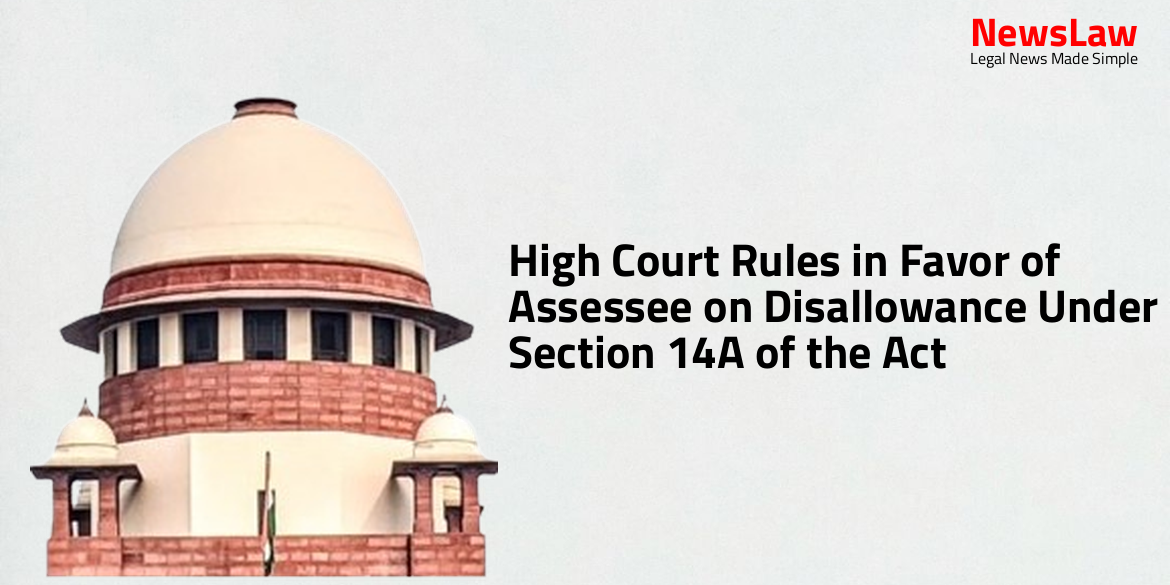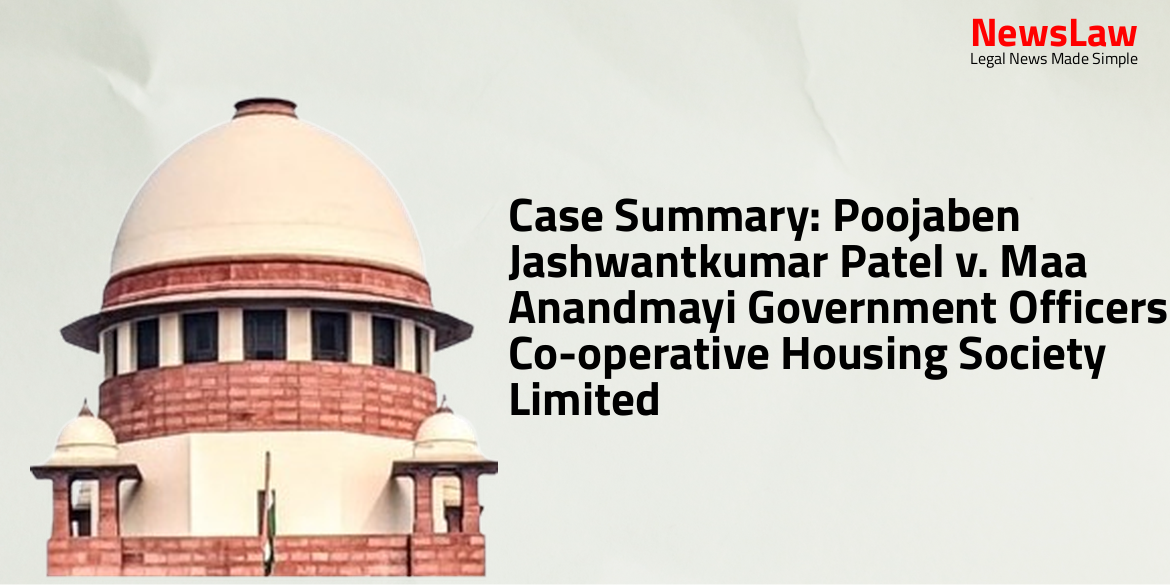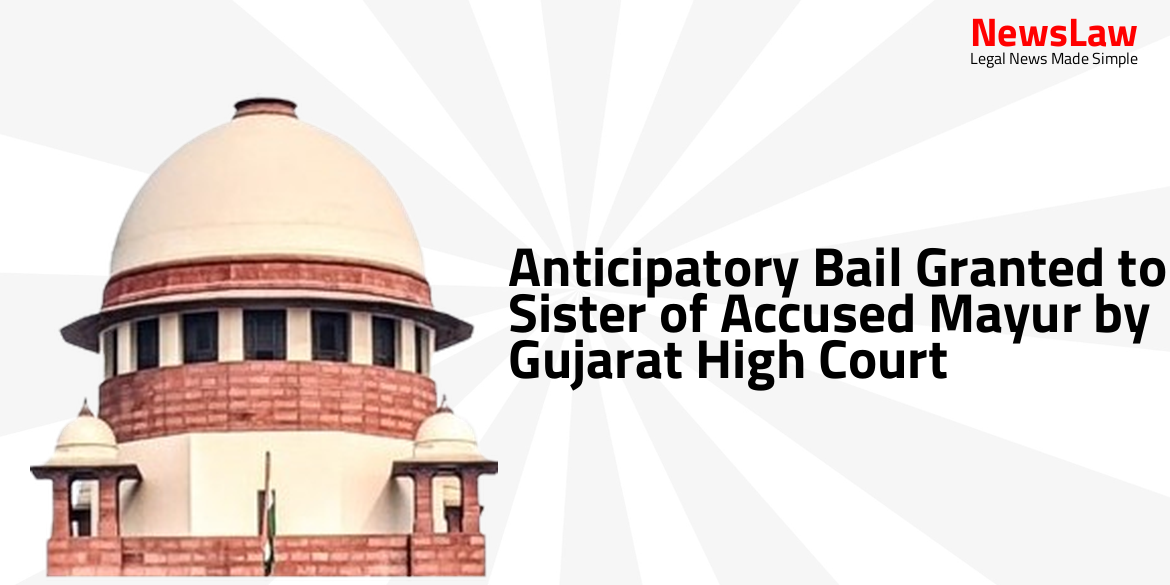In a landmark ruling by the Gujarat High Court, the detention order dated 11.10.2023 has been quashed, benefitting the detenue in this case. The court found that the activities of the detenue did not adversely affect public order, highlighting the distinction between law and order. This judgment has significant implications for future cases involving preventive detention under the Act of 1985.
Issue
- Upon considering the facts and submissions by both parties, the issue at hand is whether the detention order by the Detaining Authority under the Act of 1985 is legally valid.
- The petitioner is currently in jail as a result of the executed detention order.
Arguments
- Learned advocate for the detenue argues that the grounds of detention are solely related to law and order, not public order.
- Detenue’s alleged offences do not impact public order as per the provisions of the Act.
- Detenue’s activities are seen as prejudicial only to law and order, not public order.
- State Counsel counters that the detenue is a habitual offender whose actions affect society at large.
Analysis
- The detaining authority cannot preventively detain someone under the Preventive Detention Act unless their activities as a bootlegger adversely affect or are likely to affect public order.
- Merely being a bootlegger does not automatically mean one’s activities impact public order.
- There should be a clear distinction between serious disruptions that directly affect the community and minor local disturbances that do not impact public order.
- Preventive detention should be based on activities that have a direct impact on public order, not just disturbances of law and order.
- The detaining authority failed to prove that the petitioner’s alleged anti-social activities adversely affect public order.
- Instances of beating by the petitioner should be dealt with through ordinary criminal law, not preventive detention.
- The grounds of detention based on three criminal cases were not sufficient to justify preventive detention as they did not relate to the maintenance of public order.
- The offenses the petitioner was involved in did not have any connection to public order maintenance.
- A precedent case, Piyush Kantilal Mehta Vs. Commissioner of Police, Ahmedabad, established that detention orders based on prohibition offenses were insufficient for preventive detention.
- The Supreme Court referred to the case of Pushkar Mukherjee vs. State of Bengal, 1969 (1) SCC 10.
- It was observed that mere disturbance of law and order leading to a detention order is not sufficient for action under preventive detention Act.
- The distinction between ‘law and order’ and ‘public order’ was highlighted in the case.
- Not every act of assault or injury to specific persons leads to public disorder.
- Before an act can be said to affect public order, it must affect the community or the public at large.
- 1.7
- The offenses alleged against the petitioner and the allegations made by witnesses were not found to have created a feeling of insecurity, panic, or terror among the public.
- The activities of the detenue were not deemed to have adversely affected the maintenance of public order.
- The subjective satisfaction of the detaining authority was considered insufficient and not in accordance with the law.
Decision
- Order dated 11.10.2023 passed by the respondent authority is quashed.
- Detenue to be set at liberty forthwith if not required in any other case.
- Rule is made absolute accordingly.
- Direct service permitted.
- This petition stands allowed.
Case Title: SHAHRUKH ALIAS BALA ANISHBHAI RAESHBHAI KURESHI Vs. STATE OF GUJARAT
Case Number: R/SCA/6946/2024



